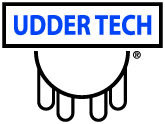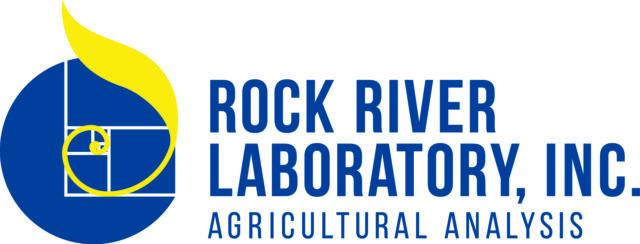As consumer demand for locally grown and organic foods increases, so, too, does the interest in unpasteurized – or "raw" – milk. Is milk that comes straight from a cow safe to drink? A new Purdue Extension publication helps separate fact from fiction.
Raw Milk FAQs (Extension publication AS-612-W) is available for free download from Purdue Extension's Education Store. (Click here to download.)
The seven-page publication was written by Mike Schutz, Purdue Extension dairy specialist, and Mike Ferree, a Purdue Extension educator from Bartholomew County.
The publication is intended to add to the public dialogue as lawmakers across the country consider whether to regulate raw milk, what a regulatory system should look like, and how best to protect both consumer choice and public health, Schutz said.
"This publication provides the scientific facts behind milk pasteurization, its benefits and the issues related to consuming raw milk," Schutz said.
Pasteurization involves heating food molecules to kill foodborne pathogens. The process was developed by Louis Pasteur and Claude Bernard in 1862. Another scientist, Franz von Soxhlet, popularized pasteurization for use on milk in 1886.
Indiana is among 20 states that don't allow the sale of raw milk for human consumption.
Click here to read about a recent raw milk court case in Minnesota.
Legislation was introduced in the 2012 session of the Indiana General Assembly to allow the sale of raw milk from any dairy farm with 20 or fewer cows. The bill failed but could be reintroduced in the Legislature's 2013 session.
Meanwhile, the Indiana Board of Animal Health is studying raw milk and will issue a report on regulatory matters to state lawmakers by early December.
Unpasteurized milk also has been debated in the U.S. Senate. An amendment was offered to the Federal Agriculture Reform and Risk Management Act of 2012 to eliminate mandatory pasteurization for all milk and milk products shipped across state lines. The amendment was left out of the bill's final draft.
Milk usually does not harbor any harmful bacteria when it leaves a cow but can become contaminated from dairy equipment, dirt, manure or if not properly stored. The incubation period for bacterial contamination is shorter than the normal time it takes most consumers to drink the milk, Schutz said.
"Diseases that can be transmitted through raw milk include listeriosis, campylobacter and streptococcus, to name a few. These illnesses can be very serious or fatal.
"Pasteurization can reduce the pathogen load in milk to make it safer for human consumption. In fact, pasteurization probably is the one practice that has done the most to reduce the spread of tuberculosis from animals to humans."
Raw Milk FAQs answers 18 common questions related to pasteurization and unpasteurized milk. The questions include risks associated with drinking unpasteurized milk, beneficial characteristics and properties of unpasteurized milk, the effect pasteurization has on milk's nutritional value and legal ramifications of permitting raw milk sales.
The publication also provides links to other informational resources on pasteurization and raw milk.
"This is a huge issue, and ultimately it will be up to the state Legislature to decide whether permitted sales of unpasteurized milk will be made available to consumers in Indiana," Schutz said. PD
—From Purdue News






